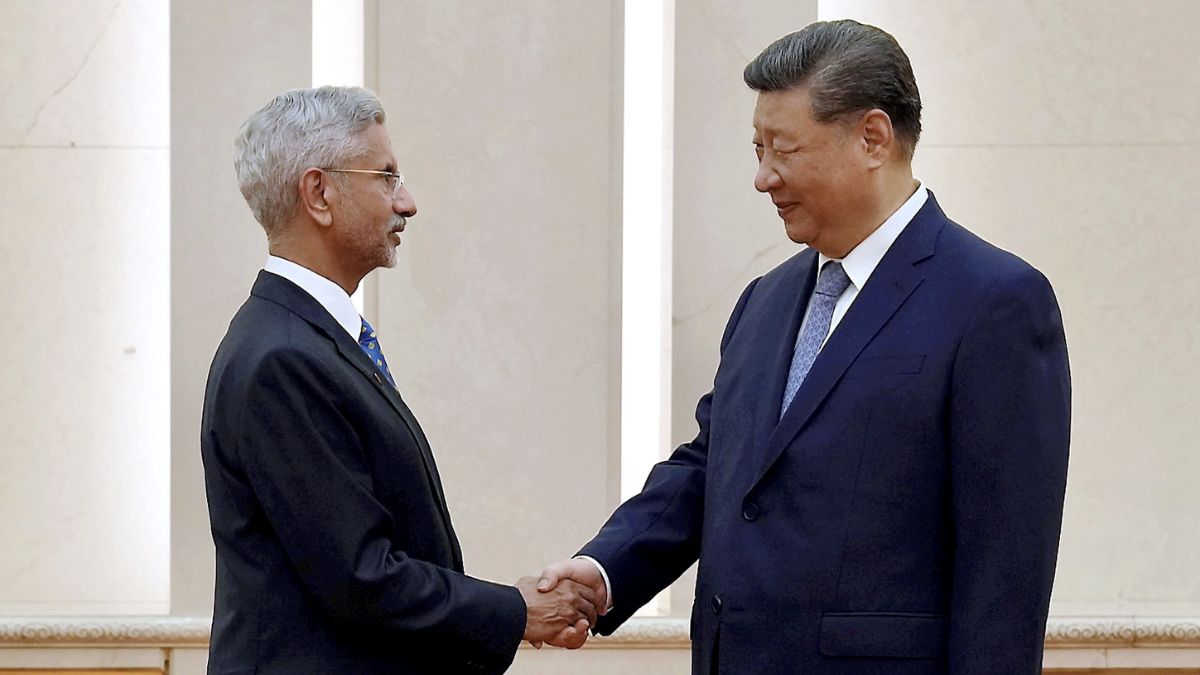India and China: A complex web of evolving geopolitical dynamics and economic ties
 Union External Affairs Minister S Jaishankar meets Chinese President Xi Jinping in Beijing, China [File: July 15 2025] | @DrSJaishankar/X
Union External Affairs Minister S Jaishankar meets Chinese President Xi Jinping in Beijing, China [File: July 15 2025] | @DrSJaishankar/X
A comprehensive survey by Pew Research Centre reveals India’s complex relationship with China, showing both warming economic sentiments and persistent concerns about bilateral ties, according to a report released earlier this week.
The survey, conducted across 25 countries between January and April 2025, found that India was among the middle-income nations studied, offering unique insights into how Indians perceive their giant neighbour amid evolving geopolitical dynamics.
One of the most significant findings shows a notable shift in Indian attitudes toward Chinese investment. The proportion of Indians viewing Chinese investment as beneficial for their country increased by 9 percentage points since 2019, indicating a gradual warming of economic sentiment despite ongoing border tensions and political friction.
However, Indians remain distinctly more favourable toward American investment compared to Chinese investment. This preference for U.S. economic engagement sets India apart from several other middle-income countries surveyed, including Indonesia, Mexico, South Africa, and Turkey, where more respondents favoured Chinese over American investment.
Despite improved views on investment, Indians share concerns common across middle-income nations about their country’s debt obligations to China. A majority of Indian respondents consider the amount of debt India owes to China as at least a somewhat serious problem, reflecting broader anxieties about economic dependency that have characterised India-China relations in recent years.
The survey also revealed that Indians, like their counterparts in other middle-income countries, view multiple aspects of the bilateral relationship as problematic. These concerns encompass China’s military power, its involvement in Indian politics, economic competition, and human rights policies—issues that have been central to India-China diplomatic tensions.
India’s strategic outlook differs markedly from other middle-income nations in the survey. Unlike countries such as South Africa and Indonesia, which named China as their top ally, or Argentina, Brazil, Indonesia, Mexico, and South Africa, which identified the United States as their primary threat, India appears to maintain a more balanced but cautious approach to both superpowers.
The survey’s timing—conducted after President Trump’s second inauguration but before major tariff announcements—captures a critical moment in global relations. For India, these findings suggest a pragmatic approach to managing relationships with both China and the United States, balancing economic opportunities with security concerns while maintaining strategic autonomy in an increasingly polarised world.
Business